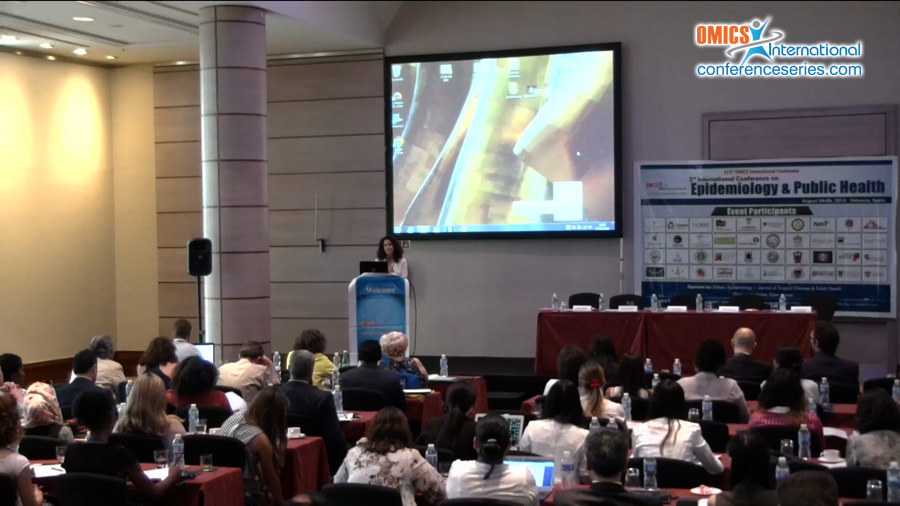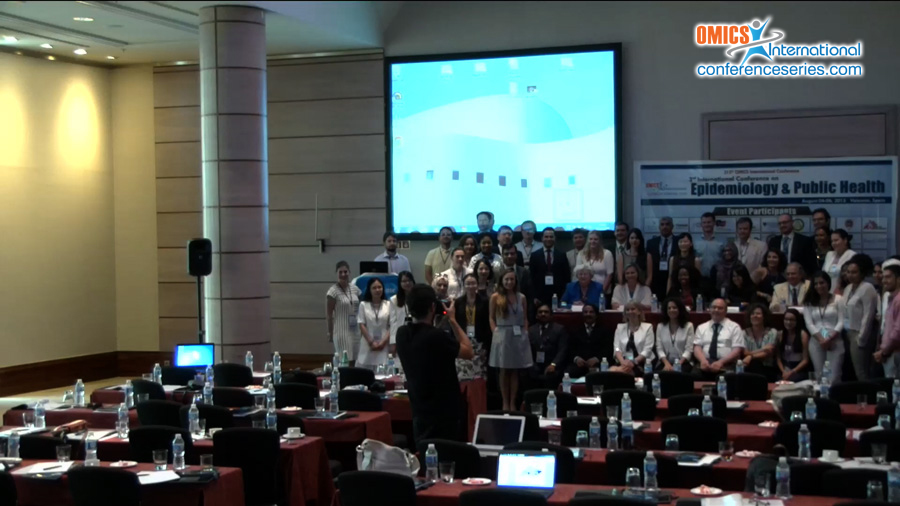
Teresa Chahine
Harvard University, USA
Title: Sociodemographic and geographic variability in environmental exposures and health risks: Implications for community-based public health
Biography
Biography: Teresa Chahine
Abstract
The research community has yet to fully characterize environmental health risk factors that are present in all communities and affect multiple health outcomes but cannot be described using national average statistics and risk estimates. In many cases, local data to inform risk prioritization is lacking. Although national databases and risk estimates are available for most environmental issues of concern, communities express concern that summary statistics are not enough to inform their local assessments. This raises a challenge for researchers: to synthesize information from national databases in a way that allows it to be disaggregated to elucidate patterns of high exposure and high risk in different populations and in different places. This paper provides examples from research conducted at Harvard University in collaboration with the United States Environmental Protection Agency. Implications are discussed for the role of non-governmental organizations such as community based organizations in gathering and assimilating data is likely to grow as community-based research develops in the future. Federal databases are limited to providing standardized data with often numerous restrictions. Local data collection is key, and while it is not always possible to synthesize local data at a national level due to differences in data collection measurements and techniques, it is recommended that organizations working on the ground with local communities to coordinate their efforts may have more opportunities to gather and coordinate local data at a large scale than federal agencies.


